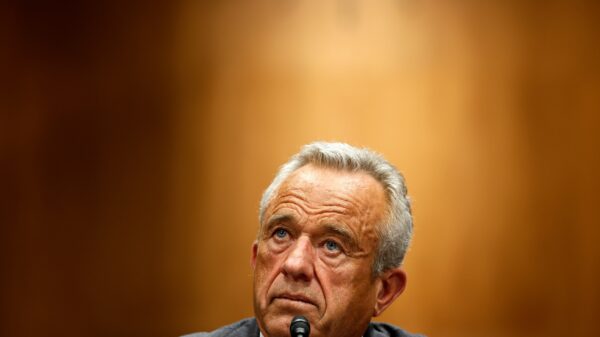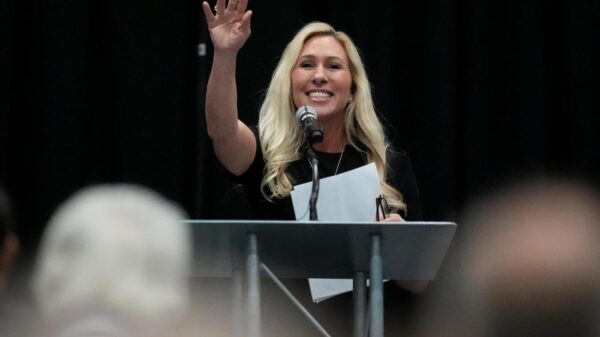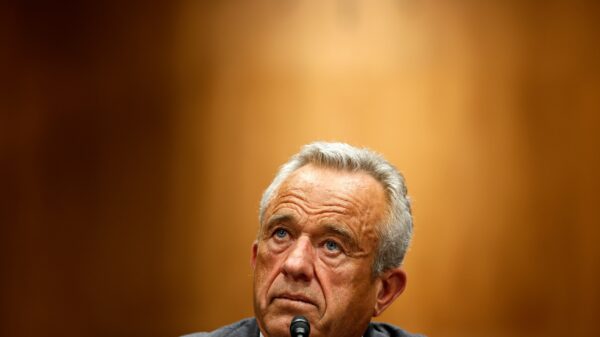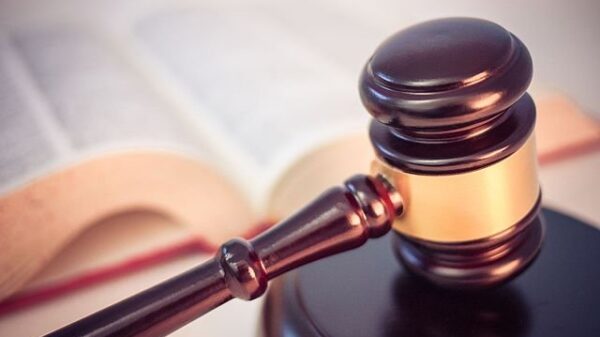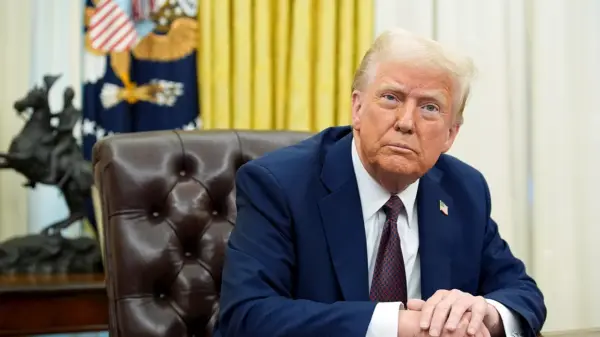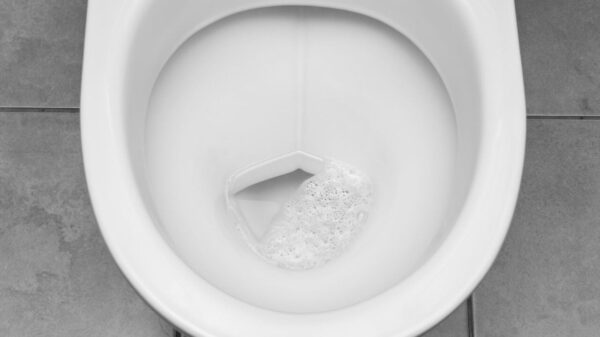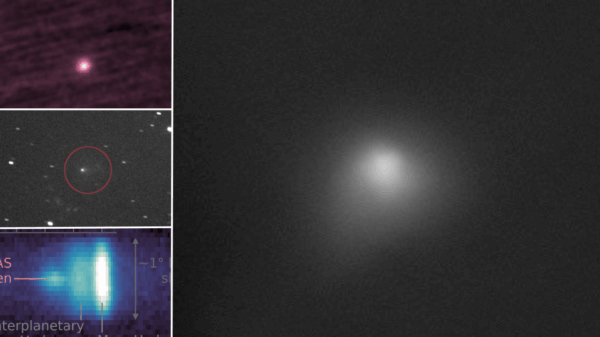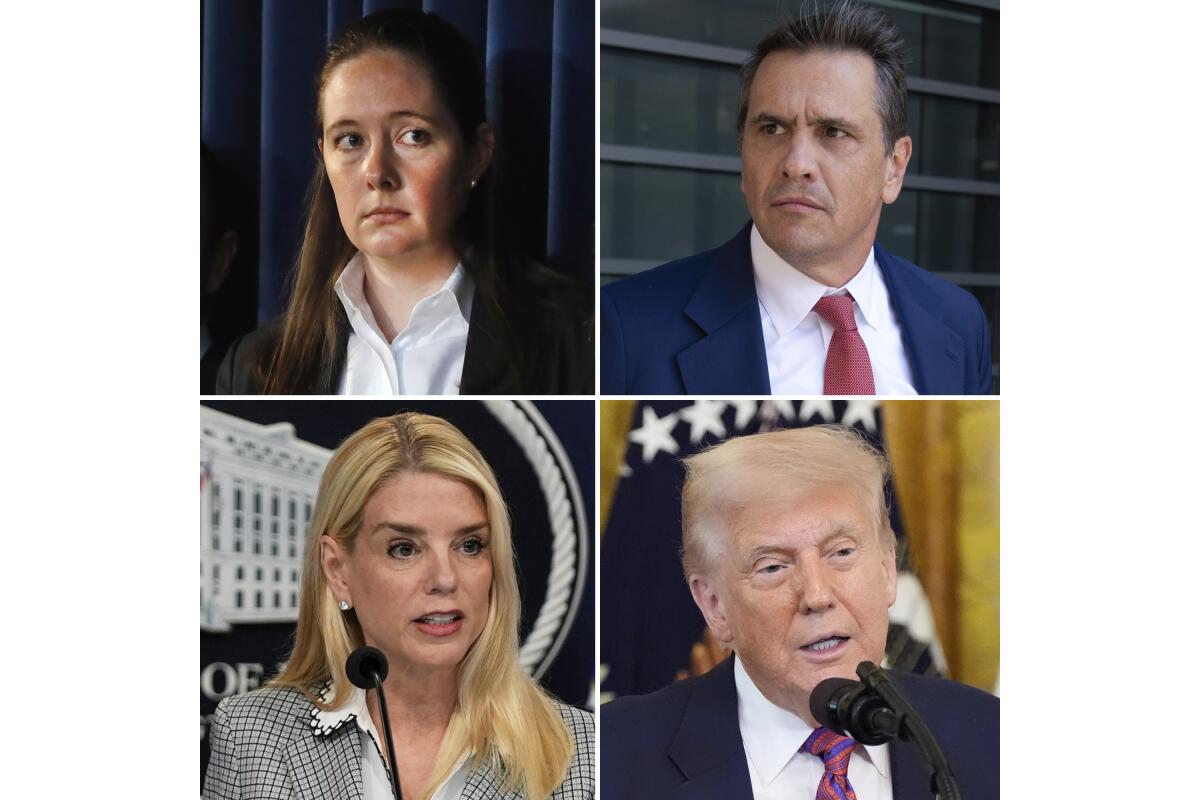BREAKING: The U.S. Department of Justice has submitted a request to unseal grand jury transcripts related to the prosecution of notorious sex offender Jeffrey Epstein and his associate Ghislaine Maxwell. However, former federal prosecutors warn that this move may yield limited information, potentially disappointing public expectations for new revelations.
The request was made by Deputy Attorney General Todd Blanche on Friday, aiming to enhance transparency surrounding the Epstein and Maxwell cases. In a statement, Blanche emphasized, “Transparency to the American public is of the utmost importance to this Administration.” However, former Assistant U.S. Attorney Sarah Krissoff, who served in Manhattan from 2008 to 2021, labeled this effort a “distraction,” suggesting it may not uncover substantial new insights into Epstein’s extensive criminal activities.
The grand jury proceedings, which led to Epstein’s indictment in July 2019, and Maxwell’s conviction in December 2021, have faced scrutiny as the public clamors for more information. Epstein died in his jail cell in August 2019, while Maxwell is currently serving a 20-year sentence for her role in facilitating Epstein’s abuse of underage girls.
Krissoff and fellow former prosecutor Joshua Naftalis expressed skepticism over the potential content of the unsealed transcripts. Naftalis noted that grand jury presentations are typically concise, designed only to secure indictments. “It’s not going to be everything the FBI and investigators have figured out about Maxwell and Epstein,” he stated, estimating the transcripts might only comprise a few hundred pages at most.
Both experts anticipate that judges overseeing these cases may ultimately deny the request. With ongoing legal proceedings related to Maxwell, including a petition before the U.S. Supreme Court, and the need to protect the identities of numerous victims, the implications of unsealing the transcripts are complex. Krissoff warned that citing public interest alone is likely insufficient to sway judicial decisions.
The potential for judicial reluctance stems from the sensitive nature of the cases, particularly given the involvement of underage victims. Former prosecutor Cheryl Bader highlighted that the judges may take weeks or months to make a ruling, particularly in cases involving sexual abuse. She stressed that the government’s motivations should not overshadow the established principles protecting grand jury secrecy.
Adding a layer of political complexity, the recent request has drawn attention due to its timing, occurring two days after the dismissal of Manhattan Assistant U.S. Attorney Maurene Comey, who played a key role in the Epstein investigations. Former federal prosecutor Mitchell Epner noted that the unprecedented involvement of a sitting president in this matter raises concerns about the integrity of the Department of Justice.
Krissoff reflected on the uncertainty and unease prevalent among current prosecutors, suggesting that a shift in the operational norms of the Justice Department may be underway. “The thing I hear most often is this is a strange time. Things aren’t working the way we’re used to them working,” she remarked.
As these developments unfold, the public remains on high alert for further updates, particularly regarding the potential unsealing of these grand jury transcripts. Legal experts are closely monitoring the situation, emphasizing the need for caution in balancing public interest with the protections afforded to victims and the judicial process.
Stay tuned for more updates on this developing story.








